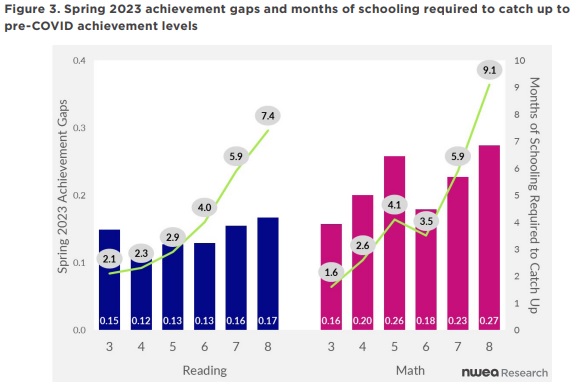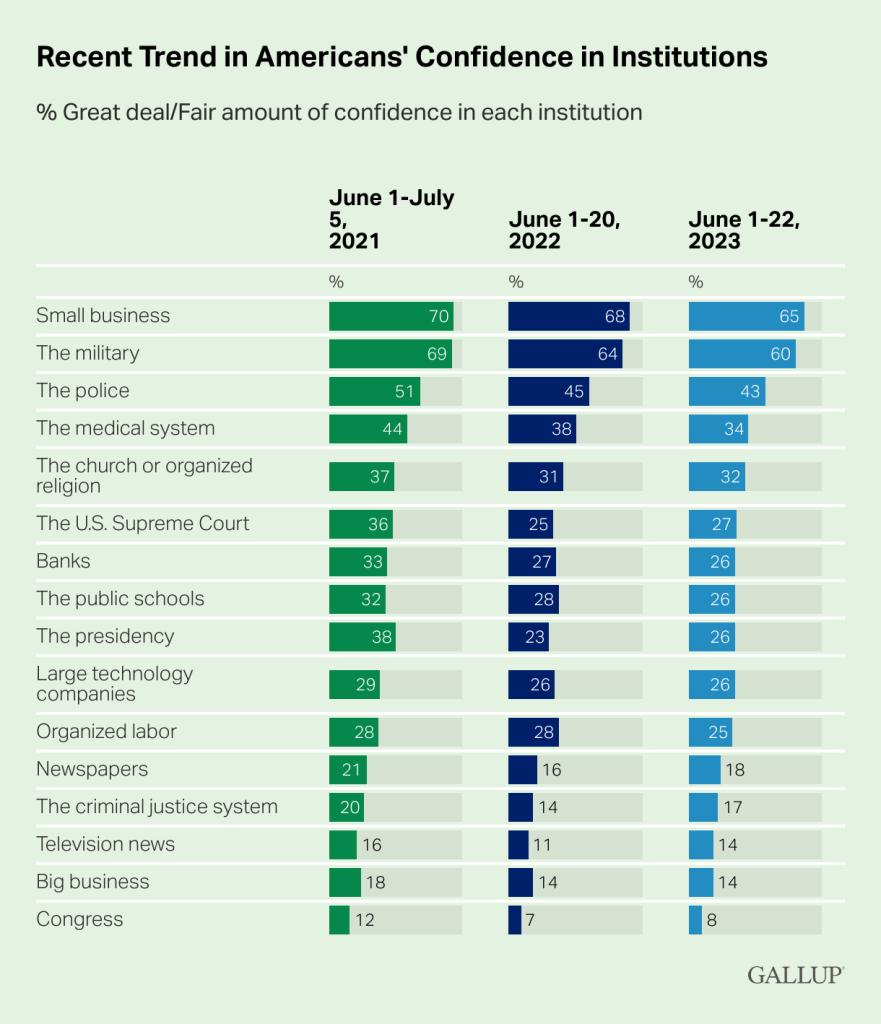 This is our first attempt at a weekly compendium of news and insights that provide relevant insight to efforts to transform education.
This is our first attempt at a weekly compendium of news and insights that provide relevant insight to efforts to transform education.
Abundant Opportunity
One of the most insightful responses to the recent U.S. Supreme Court decision blocking affirmative action policies in university admissions came from NYU Marketing professor Scott Galloway. The solution, he argues, is to create radically more space in top universities.
Rejectionist Nimbyism is a means of transferring of wealth from young/poor to old/rich: skyrocketing value in existing degrees and houses while the cost for young people to attain their dreams has — in lock step — also skyrocketed.
If we can scale companies 40% per year, then we can expand enrollments at our great public universities 6% per year. The system is ready. Remote learning and utilizing campuses during non-peak periods (summer, nights, weekends) could double capacity. Stop building luxury dorms and lazy rivers. Abandon our obsession with four-year liberal arts degrees — we can continue to produce poets and philosophers, but also plumbers and cybersecurity technicians.
Why it matters: So much parental anxiety, and so many barriers to meaningful change to education systems at all levels, trace back to a common problem: Scarcity. Parents perceive, often correctly, that spaces in desirable public schools or sought-after universities are hard to come by. Opportunities should be abundant.
Cheaper and Easier
Technology industry watcher Benedict Evans explains why, like other technological leaps, AI will likely create more jobs than it destroys.
New technology generally makes it cheaper and easier to do something, but that might mean you do the same with fewer people, or you might do much more with the same people. It also tends to mean that you change what you do. To begin with, we make the new tool fit the old way of working, but over time, we change how we work to fit the tool.
Why it matters: In theory, making existing work cheaper and easier should help make opportunities more abundant (e.g., a tutor for every child). Unfortunately, our education system has a history of domesticating new technologies rather than being transformed by them.
Numbers to Know

26: Percentage, according to Gallup, of Americans who express at least "a fair amount" of confidence in the nation's public schools.
2,180: Number of Florida students who started homeschooling last year.
9.1: The number of additional months of schooling the typical U.S. 8th grader would need to return to pre-pandemic achievement levels, according to new estimates by NWEA.
-7: Percentage difference between those 8th graders' academic progress last school year and pre-pandemic growth levels. (Translation: At a time when their learning needs to be accelerating, it's still moving backward.)
33: Percentage of American students estimated to be chronically absent from school in 2022.
The Last Word
The U.S. is in the midst of an unprecedented decline in learning, with students falling far behind over the past few years. So why are the millions of children performing below grade level not in summer school? America is missing a critical opportunity and, sadly, tragic consequences will result.
- Michael Bloomberg, writing in The Wall Street Journal.
The new Phi Delta Kappa/Gallup Poll certainly speaks to growing unrest and division on education issues in our country and, with it, an increasing acceptance of learning alternatives. But the question it asked on one of today’s most polarizing issues – parent trigger laws – is worth examining for what it says about the ideals we all share.
Gallup did not use the term “parent trigger” or describe charter school as a specific alternative in its question, which will no doubt cause critics of the laws to discount the findings. But the question was certainly direct as to intent: “Some states are considering laws that allow parents to petition to remove the leadership and staff at failing schools. Do you favor or oppose such laws in your state?”
That 70 percent of all respondents and, even more interestingly, 76 percent of public school parents support such laws is a powerful statement of ownership that should please all sides. Leave aside the merits of converting a public school to a charter school based on a majority vote of parents. The basic thrust of the question is whether parents should have extraordinary power to fix the school to which their students are assigned. This is not asking whether they want options to leave the school, but instead whether they want tools to stay put and roll up their sleeves and make things better.
In Florida, some of the parent groups who fought a trigger bill this year seemed to miss the degree to which they share common values with parents who want more authority. What they share is an allegiance to the most traditional form of education – the district-operated neighborhood school. They both want a neighborhood school that works for their children. Though the parent trigger debate may continue to provoke fights over how much authority to give to parents, this poll tells us that parents are not ambivalent and detached. They want to be a part of the solution. To borrow the words of an ancient Tareyton commercial, they'd rather fight than switch.